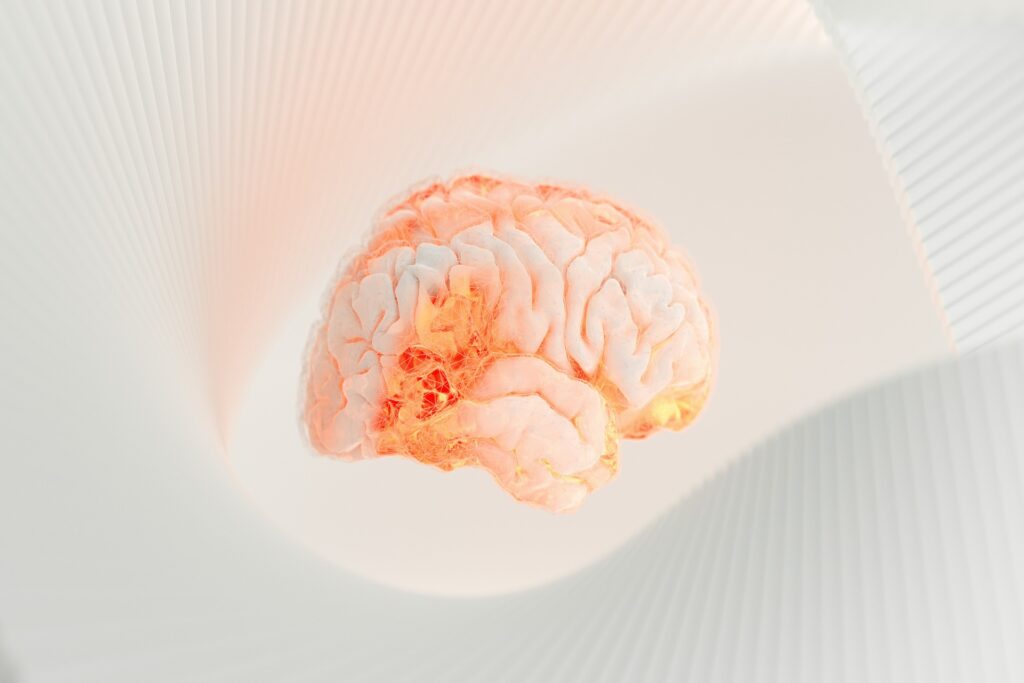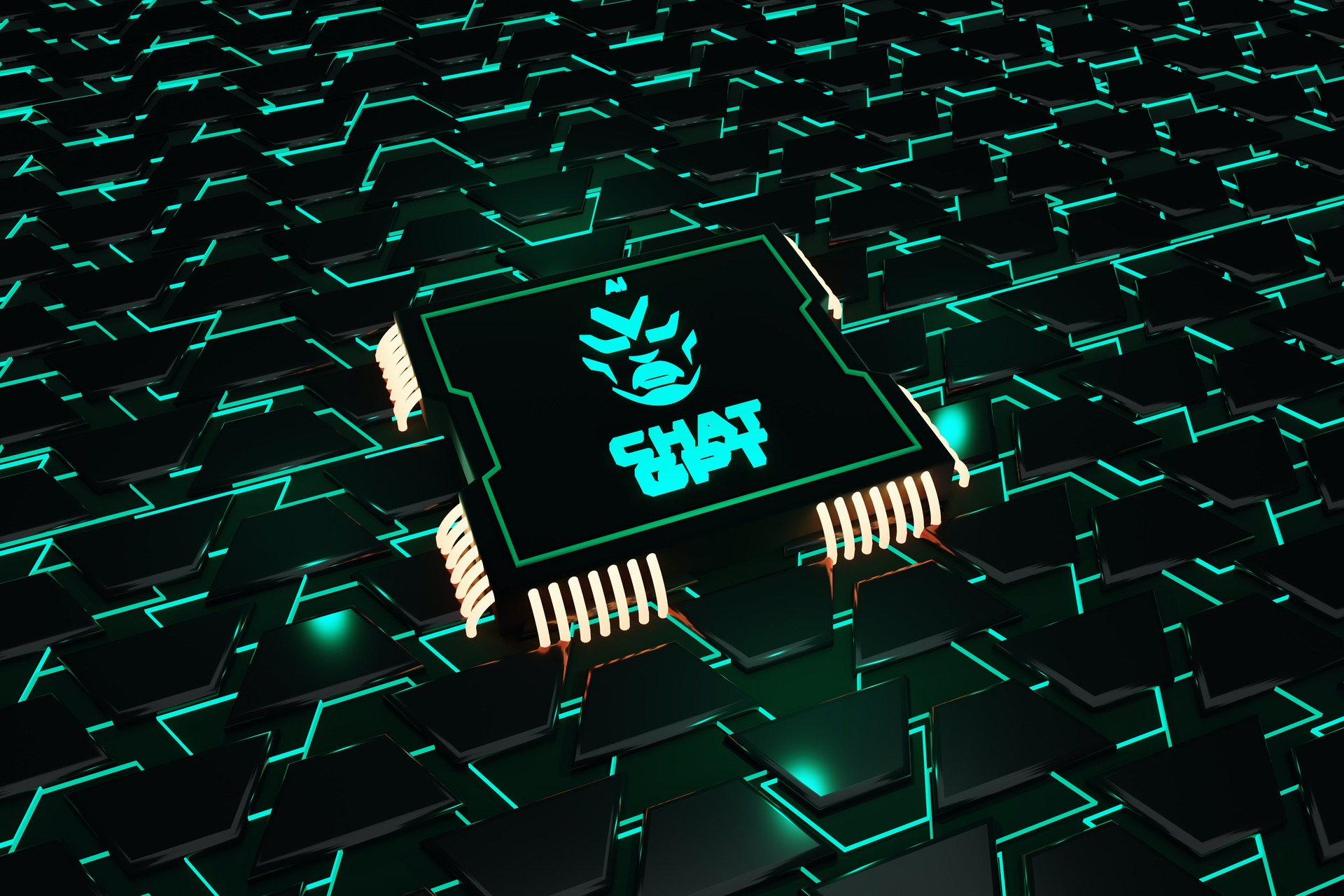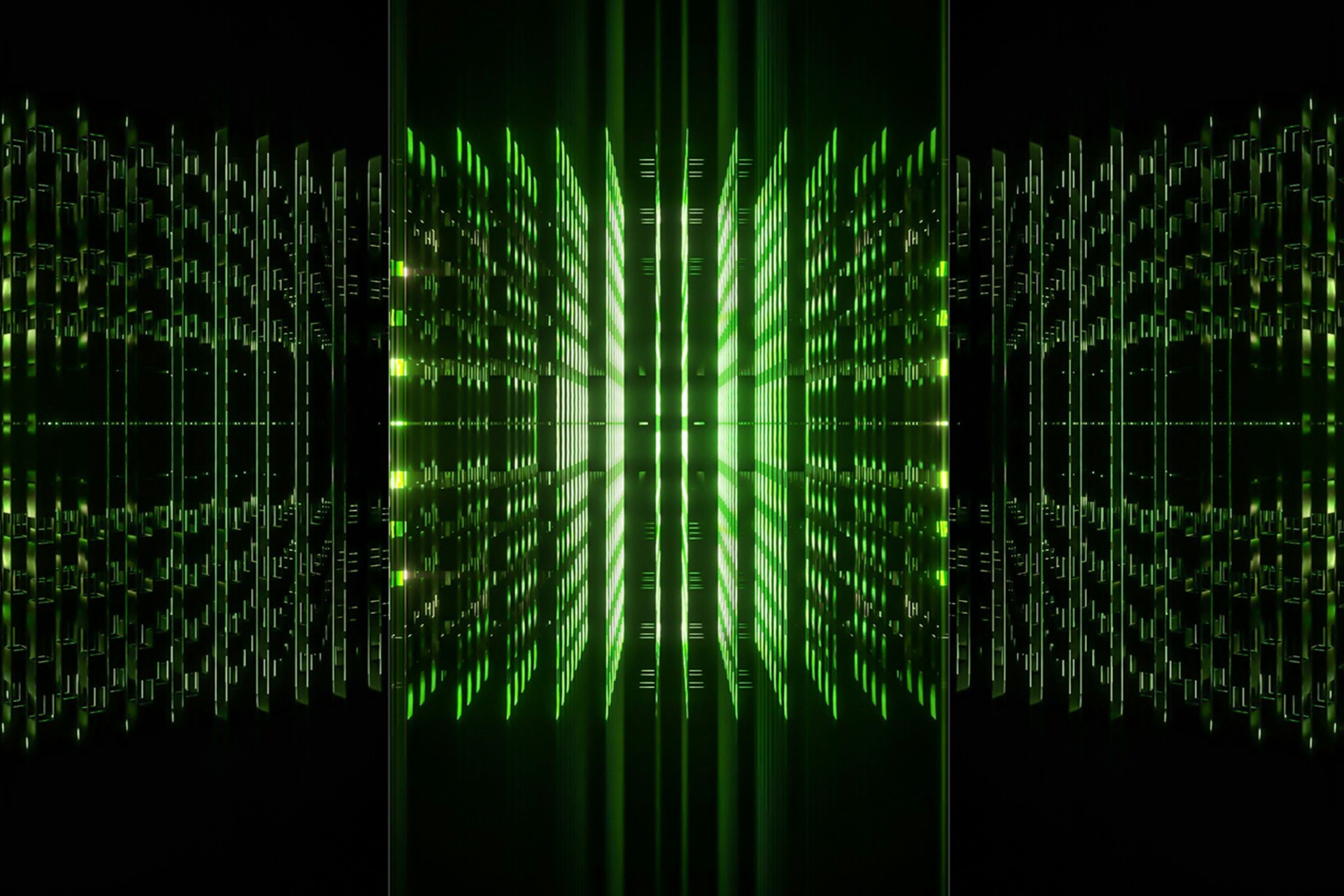Artificial intelligence (AI) is part of everyday life, and it’s an invaluable part, too. Some the simplest tech features — like Netflix’s recommendations — use forms of AI to operate. With video games being such a huge industry, artificial intelligence game design makes sense with the way tech is progressing.
However, does AI always help video games? Can it be a detriment, too? Video game designers and producers must be deliberate with how they integrate AI. Too much could overwhelm players. Too little could cause the game to blend into the crowd.
Can Artificial Intelligence Match Gamers’ Skills?
Artificial intelligence is supposed to mimic human intelligence. By definition, AI is simply machine-based intelligence, which means that any type of AI algorithm has human input in the beginning. Therefore, human intelligence seems to always have the upper hand. Would that change in video games?
Take “Alien: Isolation” as an example. In this game, you stealthily navigate around, trying to avoid a Xenomorph attack. It’s a game that calls into question hunter-hunted dynamics because the alien ultimately tracks you while you try to track it.
Xenomorph has a behavior tree of actions and heightened sensing abilities. With the unpredictability of its behaviors, you can’t be sure what you’ll be dealing with. This instance is an example of AI challenging players. Possibilities are vast and always changing — just like intelligence.
In another instance, the boss fights in “Dark Souls 3” are challenging to say the least. That difficulty is because of how the enemies adapt to the player’s movements and behaviors. AI-based predictions give bosses the upper hand and users must outthink them.
In these situations, AI works well to challenge players. However, taking this dynamic too far would ultimately ruin any game.
At its full potential, AI is powerful. It comes up with tons of possibilities and situations. In a video game, the endless paths could continuously alter the plot, trajectory and world of the game to the point where it loses sense and becomes unplayable. A challenge is good — nonsense is not.
“Alien: Isolation” and “Dark Souls 3” work because they know how to use AI right. What, then, would AI look like when it’s assisting gamers?
Will Artificial Intelligence Improve Immersion?
A good video game experience focuses on how to build an immersive, enjoyable world for players. In doing so, artificial intelligence game design fully comes to life.
Designing a game is a huge feat. Creators must take into account the landscape, abilities and controls, plotlines and characters. It’s a lot to handle. However, AI is there almost every step of the way.
These features help the game become more engaging, groundbreaking and, most importantly, playable. Plus, before the release of any game, developers must test-run it. Bugs, glitches, hacks and mistakes are somewhat inevitable for gamers to find. With the help of AI tests running the game, though, errors become less of a possibility.
In terms of aid, take “The Legend of Zelda: Breath of the Wild.” This is a massive open-world game that has hundreds of characters and enemies. Some non-player characters (NPCs) respond differently to times of day, clothing and behaviors.
The game also has systems and rules that elevate it in unique ways. For instance, if you have a Flameblade, you can keep yourself warm in certain cold environments. The opposite is true for a Frostblade. While it’s not the most advanced or challenging use of AI out there, it sets the game apart from all others — and that is what AI should be doing.
Artificial Intelligence in Game Design Changes Everything
Like with “Breath of the Wild,” “Dark Souls 3” and “Alien: Isolation,” subtle AI can make all the difference. What would happen, though, if AI was more prominent in video games? Artificial intelligence has the potential to be overwhelming in games. However, with the right production, it can change the field.
Take a look at “No Man’s Sky.” This game is one of a kind. Through exploring and surviving on different planets in the universe, AI changes it up. To perfect the feeling of infinity that the cosmos provides, this game generates new maps and planets every time you explore. Theoretically, no two planets will be exactly the same.
If video games continue in this direction, it could be groundbreaking. How many times have you wanted to play your favorite game for the first time again? With AI changing the setting each time as it does in “No Man’s Sky,” that wish can become more of a reality.
The Future of Artificial Intelligence in Game Design
Artificial intelligence game design is just one way that video games are improving. With virtual reality (VR) and augmented reality (AR) becoming more popular, the future of the gaming industry is going to be improving rapidly in the coming years. Are you ready?
Recent Stories
Follow Us On
Get the latest tech stories and news in seconds!
Sign up for our newsletter below to receive updates about technology trends














